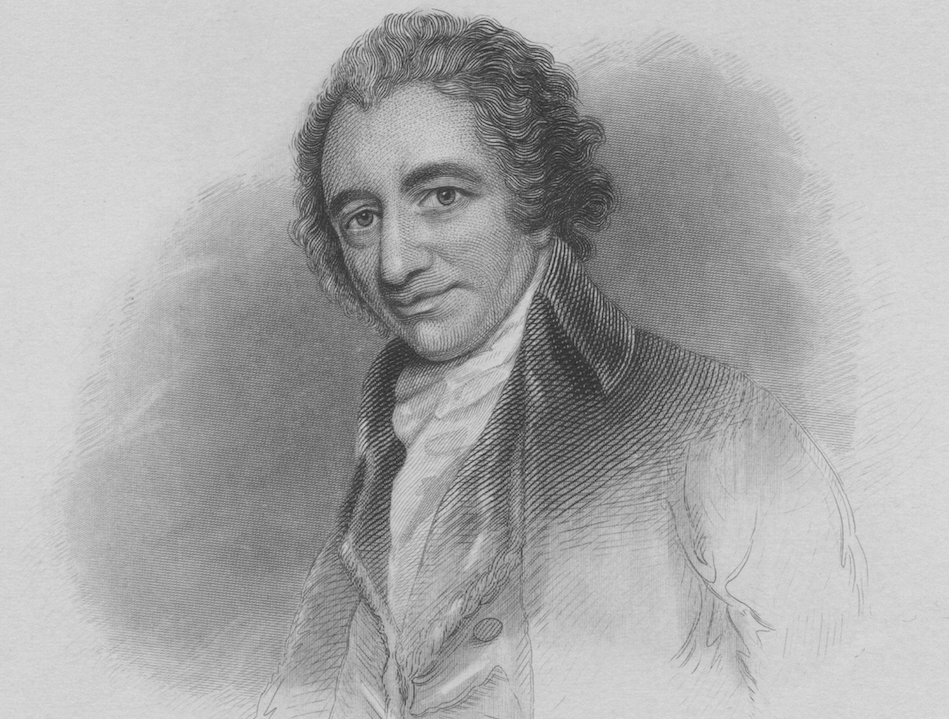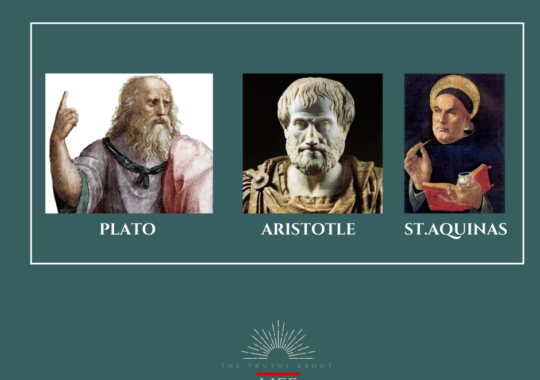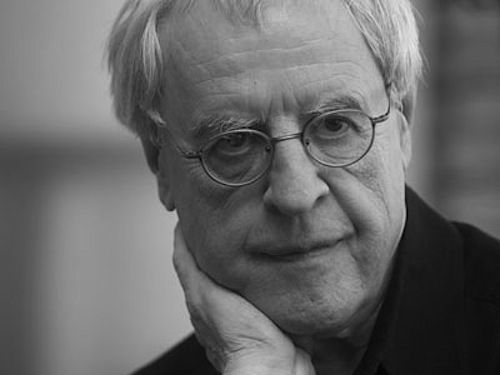Who is Thomas Paine
Thomas Paine was born in 1737 in England and he is known to be a great humanist, political activist and a great philosopher thinker. After being marked as unsuccessful man due to his previous jobs and activity, he migrated to America in 1774 with a help of Benjamin Franklin who even wrote a recommendation letter for him (A Biography of Thomas Paine (1737-1809), n.d).
As Paine was very critically oriented towards independence of Great Britain and even French Revolution, he was in 1792 in France convicted for Seditious libel, which relates to speech and organization against the established order of the community. Later in 1794 he was released due to the diplomatic connections of candidate for president in that time, James Monroe, which he used to pull him out of a prison (Thomas Paine, n.d.).
In the same year, 1974 he published one of his famous works, The Age of Reason, which was considered to be (and probably was) a strike to the organized religion, especially on Christianity (The death of Thomas Paine, n.d.).
Even after he was released from prison, he continued to live in France until 1802. In that same year he returned back to America, where he realized that people saw and understand him as a great nonbeliever and he felt that everything that he has done for America was simply forgotten. Despite of that, he continued his critical works in connection to the Federalists and religious delusion (A Biography of Thomas Paine (1737-1809), n.d.).
“The mind once enlightened cannot again become dark.”
― A Letter Addressed to the Abbe Raynal on the Affairs of North America
He died in New York on 1809 and the interesting fact here is that only six people attended his funeral (The death of Thomas Paine, n.d.). I believe that the surprisingly small number of people at his funeral is somewhat related to the fact that he was a political activist who openly kept uncovering the vail of many political affairs and was not afraid to speak about it. Further, when this kind of a political target as Paine was, was dead, probably not too many people wanted to be linked to him, due to his reputation.
Free will vs God
I strongly believe that only we are the ones responsible for our own actions, even if they are bad. It might be very tempting to say when something bad occurs, that it’s because of something or someone else and to not take the responsibility for it, but I don’t really believe that it’s like that. Why? I’ll explain it in next lines.
Let’s say that someone starts to yell at you. Should you yell back to him? If that person yells on you, does it give moral reasoning for you to yell back? I would say definitely not. I believe that it is solely our responsibility to control ourselves and to respond in appropriate manner. Just because someone is yelling on us and behaves unmorally, it doesn’t really justify our bad behavior even if it was just a response to theirs.
Therefore, I believe that it’s not the God that influences us for our actions, but only our free will and we should take the exclusive responsibility for our actions – no excuses.
In this first paragraphs I am only presenting my own opinion and in next lines we’ll come to the view of Thomas Paine on the same subject.
“Independence is my happiness, and I view things as they are, without regard to place or person; my country is the world, and my religion is to do good.”
― TRights of Man
Paine believed that free will should be used only for a greater good and for the purpose of reduction of evil and violence. Pain interprets the will of a man as infinite means of quality that can create whatever it desires. He even compares the will of the man to his power and lets us imagine what could that man have created. And yet on another hand, he highlights the government as an object that acts against people’s natural free will (Tepfer, n.d.).
Indeed, from perspective of Paine’s thinking only the sky would be the limit for creating good things.
Evil and Suffering
Continuing for the one of the last paragraphs of the previous section and according to Plantinga, the evil and suffering might exist in two different kinds (Beebe, n.d.):
- Moral evil, which is considered to be a consequence of human’s or other creature’s immoral choices;
- Natural evil, which is considered to be a consequence of a nature itself, without any human interfering it in.
My personal believes are that only moral evil exist. Why? There is no solid proof that any part of the natural evil is not really a consequence of some human action. For example: Do we have any valid and solid proof that some natural disaster, like hurricane, disease or similar, didn’t happened as a consequence of some previous human action, such as pollution, cutting the forest and shrinking the natural habitat in some area? If we don’t have any solid proof to that human actions are not cause for natural evil, we can’t really recognize these kinds of claims. Therefore, I believe that all evil explicitly comes from earthly creatures and their free will.
All national institutions of churches, whether Jewish, Christian, or Turkish, appear to me no other than human inventions set up to terrify and enslave mankind, and monopolize power and profit.”
― The Age of Reason
According to Plantinga there are two options about God and evil (Beebe, n.d.):
- The God doesn’t exist, because there is inconsistency in theist’s statements, which are saying that God is all-powerful, all-knowing, perfectly good and that evil exist. The inconsistency lies in the fact that all of these statements can’t be true at the same time.
- The God exists and allows evil for a reason of a greater good (even if we can’t really understand it in specific moment)
On another hand, according to Paine, God could be a divine figure who just created this world and then moved away from it, so that people could follow their free will, which results also in evil and suffering (Philp, 2013).
“It is from the Bible that man has learned cruelty, rapine, and murder; for the belief of a cruel God makes a cruel man.”
― The Age of Reason
I believe that both theories are very interesting and both could be valid, as there is no significant proof that could abandon any of the theories.
Humanism and afterlife
In relation to Paine and this question, we come back to his great work The Age of Reason, where he is rejecting the biggest religions in the world, such as Jewish, Roman, Greek and Turkish (at that time), but keeps his believes in a God or afterlife (Tubbs, 2009). This points to the conclusion that Paine did not conditioned God with religion and any of the major religious institutions.
Paine even points to thinking that his will and his mind are his church and that he doesn’t need a religious institution to believe in God or in after life (Tubbs, 2009). I can personally relate to this way of thinking, as if I believe that if there is a higher instance, such as God to exist, we don’t need rich and manipulative institutions such as church or mosque to connect to the God.
Final words
I think that Thomas Paine was indeed a great thinker of his time. Just thinking about the time that he was living in and that he was able in that time to extrapolate such important points, I find him as a quite remarkable person.
To be such active political activist, to be so brave to speak out loud about the matters concerning the society in that time and even further in time, demands a specific kind of courage – especially in the time that Thomas Paine was living in.
My personal believes about God, religion and evil are very similar to Paine’s way of thinking and I think that we need more Thomas Paines today in this crazy situation with repression due to covid-19 excuses. And please don’t get me wrong, I am not denying the existence of covid-19, I am simply saying that it has mortality rate under 1% and therefore is should not be used for repression. Check the facts!
“We have it in our power to begin the world over again.”
―
References used
A Biography of Thomas Paine (1737-1809). (n.d.). Retrieved from http://www.let.rug.nl/usa/biographies/thomas-paine/
Thomas Paine. (n.d.). Retrieved from https://en.wikipedia.org/wiki/Thomas_Paine
The death of Thomas Paine. (n.d.). Retrieved from http://www.onthisdeity.com/8th-june-1809-–-the-death-of-thomas-paine/
Tepfer, J., Ph.D. (n.d.). The Religious and Political Philosophy of Tom Paine. Retrieved from http://www.thomaspaine.us/article_tepfer02.html
Beebe, J. R. (n.d.). Logical Problem of Evil. Retrieved from https://www.iep.utm.edu/evil-log/
Philp, M. (2013, July 18). Thomas Paine. Retrieved from https://plato.stanford.edu/entries/paine/#SoveLimi
Tubbs, B. (2009, March 16). What Thomas Paine Said About Jesus in The Age of Reason. Retrieved from http://americancreation.blogspot.com/2009/03/what-thomas-paine-said-about-jesus-in.html





